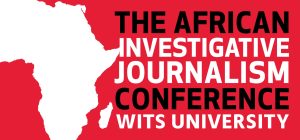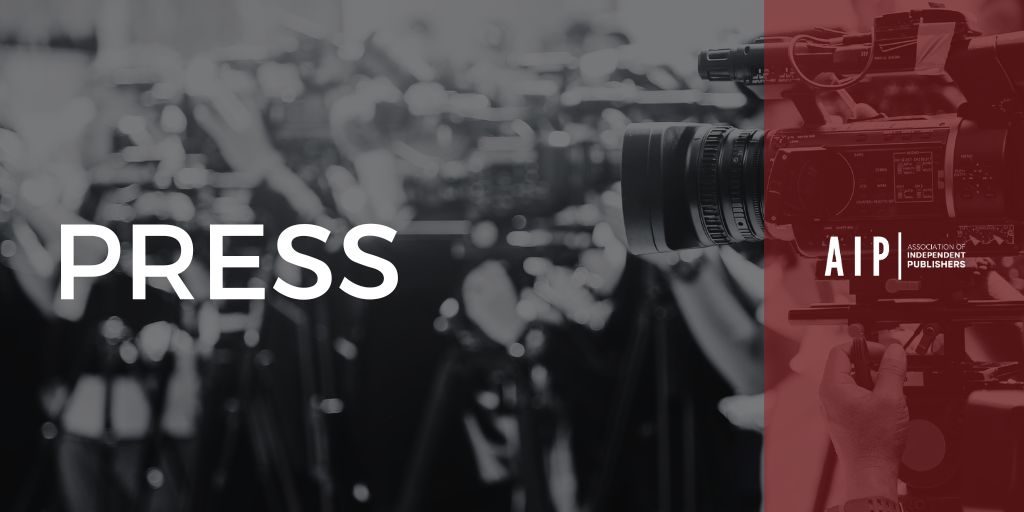AIJC 2024 – Statement on Safety of Journalists in Africa

FOR IMMEDIATE RELEASE
This week marks the International Day to End Impunity for Crimes Against Journalists, a day where UNESCO as the leading agency to protect and promote freedom of expression aims to remind us all that journalism is in danger and impunity remains in most of the cases where colleagues have been arrested, detained, threatened or killed.
We in Africa are not safe from this reality – many journalists still work in life threatening conditions. We are still being subjects of killings for speaking truth about corruption and human rights violations, we are subject to physical and digital attacks and in some cases the objectives of these attacks are to prejudice and incentivize disinformation and hate against us and our work.
In many African countries, laws are still being used to criminalize or persecute us… and the list goes on.
The issues of safety of journalists and the impact on our work were sharply raised at Africa’s largest annual gathering of journalists, the African Investigative Journalism Conference (AIJC), from October 30 to November 1, 2024, in Johannesburg, South Africa, attended by more than 450 journalists from 32 African countries.
Acknowledging that information is a public good and journalism is a public good as is captured in the Windhoek +30 Declaration, the AIJC participants state that African stakeholders have an obligation to give urgent attention to the following:
To governments:
1.
Freeing all journalists unlawfully detained and targeted for their journalistic work and withdraw all charges against them.
2.
Establish an international mechanism to investigate crimes against journalists in Africa, such as a special AU or UN tribunal.
3.
Mechanisms that prohibit government and private-sector use of surveillance software against journalists.
4.
Stronger data protection and implementation mechanisms across African countries that safeguard freedom of expression and information and ensure the protection of journalists’ communications and sensitive information.
To civil society, journalism and media freedom organisations:
5.
Effective collaboration and coordination among journalists’ safety organisations and human rights defenders, including by effectively reporting on attacks against the media and individual journalists; and to promote policies that safeguard media freedom and improve access to information laws, thus strengthening the legal framework that supports independent investigative journalism across Africa.
6.
Collaboration and coordination to establish dedicated helpdesks and reporting platforms for journalists and newsrooms facing online harassment, surveillance threats, or digital security breaches. Set up rapid response mechanisms for journalists in crisis; and provide legal, emergency, or psychosocial support for journalists in distress; and facilitate the development of open source digital tools for investigative journalists.
7.
Increased advocacy and capacity building for the safety of female journalists including developing strong newsroom protocols to address attacks on harassment of female journalists.
8.
Roll out digital literacy programmes, particularly as it relates to the uptake of artificial intelligence in newsrooms, and digital security training programmes tailored for journalists in high-risk areas covering secure communications, data protection, and device hygiene.
9.
Strengthen collaborative networks for sustainable investigative journalism in Africa, enabling journalists and media organisations to establish cross-border partnerships, share resources, pursue joint investigations, and promote regional funding strategies, thereby fostering media resilience and sustainability across the continent.
It is further noted that the conference also served as a consultation forum for UNESCO on human rights risk assessment frameworks in the context of safety of journalists online and many other sessions which allowed us to understand and deep dive into the risks and threats that African journalists face on a daily basis.
ADOPTED BY AIJC PARTICIPANTS AND ISSUED ON FRIDAY 1 NOVEMBER 2024
ENDORSED BY THE AFRICAN EDTORS’ FORUM (TAEF) AND OTHER ORGANISATIONS PRESENT AT AIJC2024

